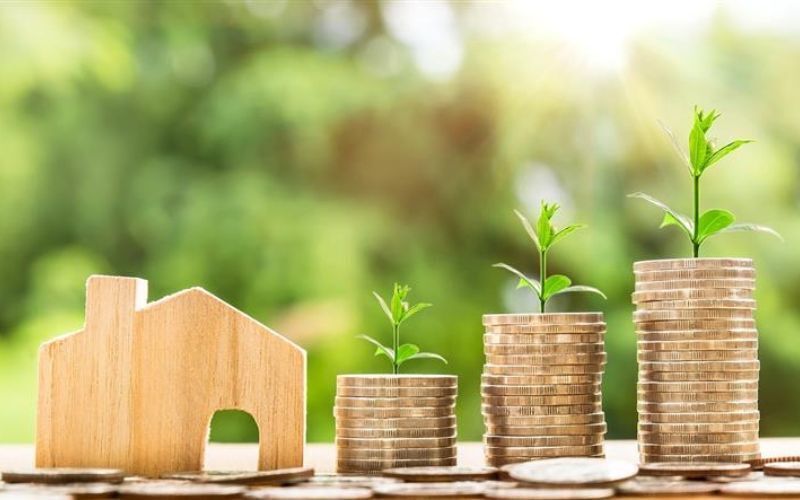Image by Nattanan Kanchanaprat from Pixabay
Several documents and frameworks explore new ideas around well-being and a shared economy. Here are a few notable examples:
- The Sustainable Development Goals (SDGs): Adopted by the United Nations in 2015, the SDGs provide a comprehensive framework for global development. Goal 8 (Decent Work and Economic Growth) and Goal 10 (Reduced Inequalities) specifically address the promotion of well-being and inclusive economic systems, emphasizing the need for shared prosperity and social inclusion.
- The Well-Being Economy Alliance (WEAll): WEAll is a global network of organizations and individuals advocating for an economic system that prioritizes well-being and sustainability. Their publication "The Business of Well-being: A Guide for Business Leaders" offers insights and practical guidance for integrating well-being into business practices.
- The Doughnut Economics Framework: Developed by economist Kate Raworth, the Doughnut Economics model provides an alternative approach to economic thinking. It suggests that economic systems should operate within the "doughnut," representing the boundaries of social and planetary well-being. The framework seeks to balance economic prosperity with social justice and environmental sustainability.
- The Sharing Economy: While not a specific document, the concept of the sharing economy focuses on collaborative consumption, sharing resources, and fostering community engagement. Authors like Rachel Botsman ("What's Mine is Yours: The Rise of Collaborative Consumption") and Arun Sundararajan ("The Sharing Economy: The End of Employment and the Rise of Crowd-Based Capitalism") explore this idea and its implications for well-being and economic systems.
- The Happiness Index: Various countries and organizations have developed well-being and happiness indices to measure societal progress beyond traditional economic indicators. The World Happiness Report, published annually by the United Nations Sustainable Development Solutions Network, assesses well-being based on factors such as income, social support, life expectancy, freedom, generosity, and corruption.
- The B Corp Certification: B Corps are businesses that meet rigorous social and environmental standards. The B Corp movement focuses on using business as a force for good, emphasizing stakeholder well-being, sustainability, and transparency. The B Impact Assessment provides a framework for evaluating a company's social and environmental impact.
These documents and frameworks offer fresh perspectives on well-being, shared economies, and alternative economic models. They provide valuable insights and guidance for individuals, organizations, and policymakers interested in building more equitable, sustainable, and well-being-oriented economic systems.

